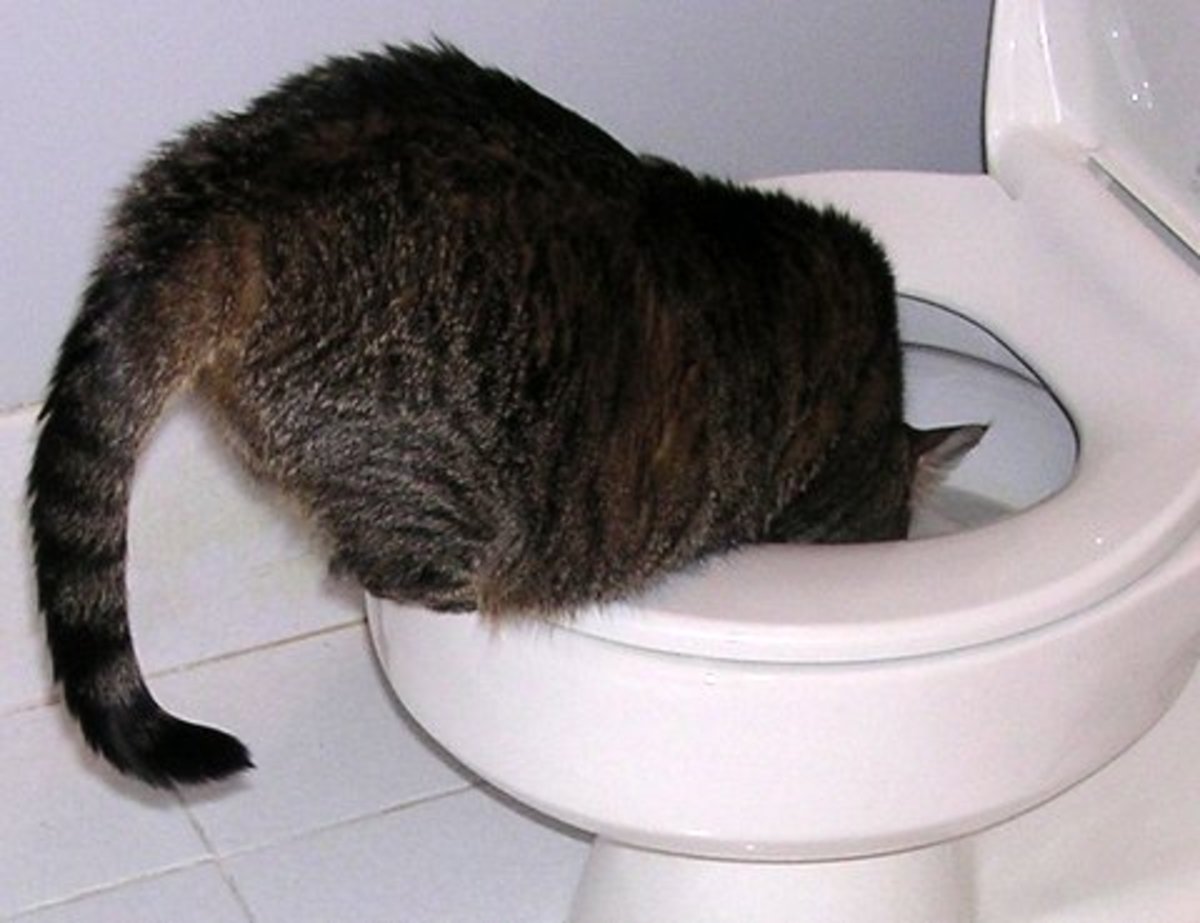Reasons You Mustn't Flush Cat Poop Down Your Toilet - Preserve Your Plumbing Health
Reasons You Mustn't Flush Cat Poop Down Your Toilet - Preserve Your Plumbing Health
Blog Article
Everybody is bound to have their own unique notions on the subject of How to Dispose of Cat Poop and Litter Without Plastic Bags.

Introduction
As cat proprietors, it's necessary to be mindful of how we take care of our feline pals' waste. While it may appear practical to purge feline poop down the toilet, this technique can have damaging consequences for both the setting and human health and wellness.
Alternatives to Flushing
Thankfully, there are more secure and a lot more responsible methods to deal with pet cat poop. Think about the following options:
1. Scoop and Dispose in Trash
One of the most typical method of throwing away feline poop is to scoop it right into a naturally degradable bag and toss it in the trash. Make sure to make use of a devoted clutter scoop and throw away the waste quickly.
2. Usage Biodegradable Litter
Opt for eco-friendly feline clutter made from products such as corn or wheat. These trashes are eco-friendly and can be securely gotten rid of in the garbage.
3. Hide in the Yard
If you have a yard, think about hiding cat waste in a marked area away from veggie yards and water resources. Be sure to dig deep sufficient to avoid contamination of groundwater.
4. Mount a Pet Waste Disposal System
Invest in an animal garbage disposal system especially developed for feline waste. These systems make use of enzymes to break down the waste, reducing odor and environmental effect.
Wellness Risks
Along with environmental concerns, flushing feline waste can likewise pose health dangers to people. Feline feces might have Toxoplasma gondii, a bloodsucker that can cause toxoplasmosis-- a potentially severe disease, especially for expecting women and individuals with damaged immune systems.
Ecological Impact
Flushing feline poop introduces damaging microorganisms and parasites into the water system, posturing a significant risk to aquatic communities. These pollutants can negatively affect marine life and compromise water quality.
Conclusion
Liable pet dog possession prolongs past supplying food and shelter-- it additionally includes proper waste management. By refraining from flushing feline poop down the commode and opting for different disposal approaches, we can lessen our environmental impact and secure human health and wellness.
Why Can’t I Flush Cat Poop?
It Spreads a Parasite
Cats are frequently infected with a parasite called toxoplasma gondii. The parasite causes an infection called toxoplasmosis. It is usually harmless to cats. The parasite only uses cat poop as a host for its eggs. Otherwise, the cat’s immune system usually keeps the infection at low enough levels to maintain its own health. But it does not stop the develop of eggs. These eggs are tiny and surprisingly tough. They may survive for a year before they begin to grow. But that’s the problem.
Our wastewater system is not designed to deal with toxoplasmosis eggs. Instead, most eggs will flush from your toilet into sewers and wastewater management plants. After the sewage is treated for many other harmful things in it, it is typically released into local rivers, lakes, or oceans. Here, the toxoplasmosis eggs can find new hosts, including starfish, crabs, otters, and many other wildlife. For many, this is a significant risk to their health. Toxoplasmosis can also end up infecting water sources that are important for agriculture, which means our deer, pigs, and sheep can get infected too.
Is There Risk to Humans?
There can be a risk to human life from flushing cat poop down the toilet. If you do so, the parasites from your cat’s poop can end up in shellfish, game animals, or livestock. If this meat is then served raw or undercooked, the people who eat it can get sick.
In fact, according to the CDC, 40 million people in the United States are infected with toxoplasma gondii. They get it from exposure to infected seafood, or from some kind of cat poop contamination, like drinking from a stream that is contaminated or touching anything that has come into contact with cat poop. That includes just cleaning a cat litter box.
Most people who get infected with these parasites will not develop any symptoms. However, for pregnant women or for those with compromised immune systems, the parasite can cause severe health problems.
How to Handle Cat Poop
The best way to handle cat poop is actually to clean the box more often. The eggs that the parasite sheds will not become active until one to five days after the cat poops. That means that if you clean daily, you’re much less likely to come into direct contact with infectious eggs.
That said, always dispose of cat poop in the garbage and not down the toilet. Wash your hands before and after you clean the litter box, and bring the bag of poop right outside to your garbage bins.
https://trenchlesssolutionsusa.com/why-cant-i-flush-cat-poop/

I was shown that editorial about Can You Flush Cat Poop Down The Toilet? from an associate on a different blog. Do you know about somebody else who is fascinated by the niche? Take a moment to promote it. Thanks so much for taking the time to read it.
Click Here Report this page